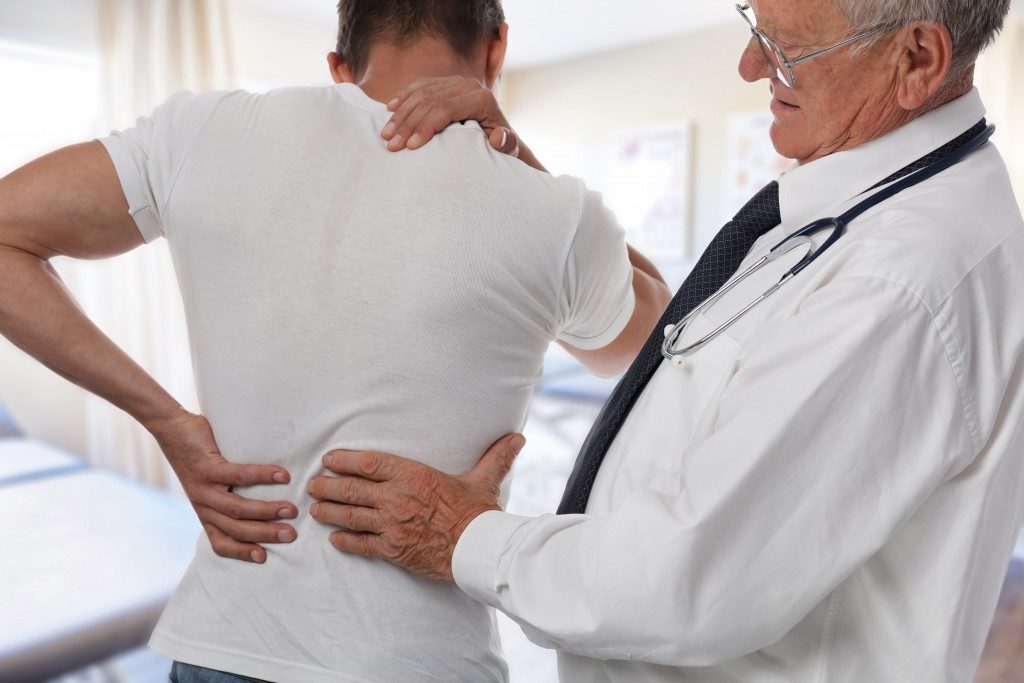Back pain is one of those things that can creep up on you without any warning at all. One minute you are just lounging about and the next, boom! You feel a sharp pain in your lower back. Because of the sneaky nature of back pain, lots of people wonder whether they’re experiencing a simple strain or something more serious such as a herniated disc. A herniated disc occurs when the disc between two vertebrae slips out of alignment, causing irritation and severe pain in the surrounding nerves. But before you go ahead and seek herniated disc treatment from a qualified physician in East Stroudsburg, PA, below are some common warning signs that can help you tell whether you have a simple back strain or a herniated disc.
Common Back Pain Warning Signs
Back pain is among the top causes of disability and a common reason that individuals miss work. Majority of individuals will experience back pain once a week or more frequently. That being said, common back pain symptoms typically include:
- Stabbing or shooting pain;
- Muscle aches;
- Pain that seems to get better when reclining;
- Pain that gets worse when walking, lifting things, standing, or bending; and
- Pain radiating down the leg
Fortunately, there are certain things you can do to ease or prevent back pain. In the event that prevention fails; however, simple treatments at home and fixing your body mechanics will help you treat your back pain and maintain your back’s proper functions.
Common Herniated Disc Warning Signs
While a herniated disc almost always develops in the lower back region, you could have it in any region along the spine. The spinal column is made up of an elaborate network of blood vessels and nerves, and a herniated disc can very easily put unnecessary pressure on its surrounding muscles and nerves. You may be suffering from a herniated disc if you have the following symptoms:
- Pain extending to your legs and arms;
- Numbness and pain, usually on just one side of your body;
- Pain that gets worse with particular movements or during the night;
- Worsening pain after sitting down of standing up;
- An unexplained weakness of the muscles;
- Worsening pain when walking; and
- Burning, aching, and tingling sensations in the involved spinal region
Take note though that the intensity of pain differs from one individual to another, so it’s best to check with your doctor if your back pain causes tingling and numbness that is affecting your muscle control.
Other Crucial Things to Keep in Mind

It is also very vital to note that some people can actually have a herniated disc without feeling the usual symptoms. In these cases, the doctor will detect the problem on spinal images. With that said, get medical help if you have back or neck pain radiating down your leg or arm, weakness, tingling, and numbness. It’s likewise a great idea to have your back checked if you feel persistent back pain.
The great news is that most disc herniation cases won’t require surgery. Physical therapy, ample rest, MRI, or some kind of diagnostic imaging, and medication are usually all that’s needed for recovery. But never attempt to manage your condition on your own because you will need professional treatment to address whatever symptoms you may have.




